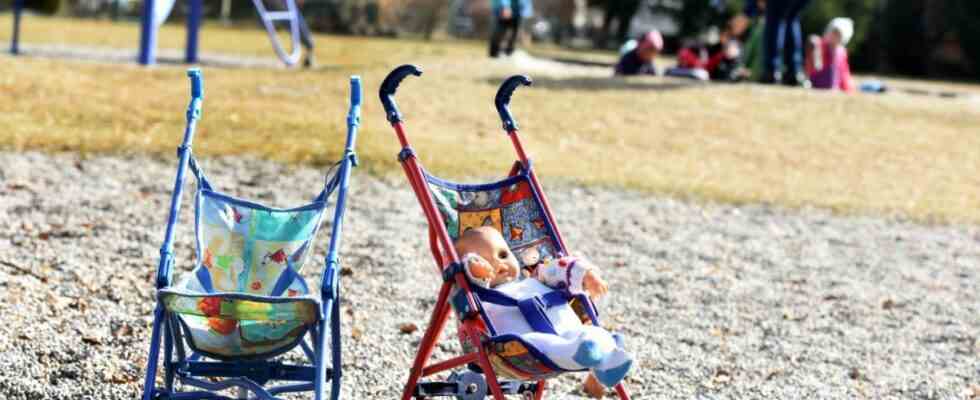Families who care for a seriously ill or severely disabled child at home not only take the constant worry with them: Everyday life between care, family and work is exhausting enough, and organizing help and finding your way through the jungle of social legislation is a strain on the families concerned on top of that.
As part of a study, families from the Munich city area can now receive support from experienced specialists: family health partners take a look at the entire family and see what relief options could help them to improve their quality of life. They help when applications have to be made, for example for aids, and advise on how the domestic situation can be improved overall.
As part of the research project initiated by the Nestwärme association, 204 families from the greater Trier area and the Munich city area will receive free support from experienced advisors for 18 months. The selection of the two strongly contrasting areas should enable a comparison between the rural area and the big city. In addition, control groups that do not receive specific support are formed for better comparison.
The children’s network association, the Leibniz Institute for Resilience Research, the University Medical Center Hamburg-Eppendorf and the Institute for Social Education Research are involved in the research project. In Munich, the outpatient children’s hospice (AKM) supports the project. As a family health partner, Lukas Schachtschneider, who also works in the AKM’s family counseling service, is on the road, for example, to families who have children with care level 2 or a recognized severe disability. Families who have children with terminal illnesses or developmental delays can also take part.
It is examined whether the support has a positive effect on the domestic environment
In doing so, Schachtschneider takes a very thorough look at the situation of the entire family, including siblings, for example, who are often neglected in such stressed families. Families who have been caring for their children for years are often in a good position, but he is still looking for ways to relieve them. In the confusion of services and responsibilities, the curative education nurse, who has undergone further training as a nursing advisor, assumes the role of a pilot.
It is often very exhausting for families to lodge an objection when an application for aid has once again been rejected. “We can also just talk,” he says. While at the beginning it is mainly about organizing care, older children also have questions about an independent lifestyle or a job.
The aim of the study is to find out whether such additional support, which is not available for free, has a positive effect on the care and quality of life of the entire family. It is financed from the innovation fund of the Federal Joint Committee, the supreme self-governing body of doctors, dentists, psychotherapists, hospitals and health insurance companies. In the end, the committee also decides whether new offers will be included in the standard care of the statutory health insurance companies.
Munich families with a child or young person in need of care can apply for inclusion in the project by 31 August by calling 0651-99 201 210 or by sending an email to [email protected].

